Next year promises to be one of the most politically charged in a generation. That may sound like a bold statement, given events of recent years have included Brexit, Covid-19, hung parliaments, coalitions and numerous prime ministers.

However, 2024 brings a general election with the potential to be the most closely contested since 1992. That year saw a still relatively new Conservative prime minister secure victory against all expectation and during deeply uncertain economic times.
In addition, there is the dynamic of having a set of major mayoral elections next year, including in London, which further raises the political stakes on issues relating to housing and development.
While Labour continues to sustain its lead in the opinion polls, and the recent local elections were the Conservatives’ worst performance since the mid-1990s, the swing required by Labour leader Sir Keir Starmer is still bigger than that achieved by former Labour PM Tony Blair in the 1997 ‘New Labour’ landslide.
Plus, as former Tory PM David Cameron found out, a deeply unpopular government at the end of a long period in office does not always deliver a working majority for the opposing party. There also remains a sense that, with over a year to go, the British public have not yet fully made up their minds about Starmer.
The parallels to 1992 are even more interesting when considering the economic challenges the UK faces. Slow growth, stubbornly high inflation and rising interest rates are causing both homeowners and housebuilders significant distress.
However, the challenges faced from a housing perspective in 2023 are arguably far greater than in 1992, given near-record house prices, worsening affordability, accelerating rents and dwindling new construction starts. At least in the early 1990s there was still a significant SME housebuilding sector to help drive supply.
Turning to the present day, the policy positions of both major parties are developing rapidly, yet at present, housing is not considered a major detailed policy component by either of the two main parties. This is despite the fact that polling has identified the issue as a key one among swing Labour voters within key battleground constituencies.
While the economy and NHS have been identified as two key priorities for voters within the target marginal constituencies, the link to housing has not been explicitly stated. Yet many of the challenges faced by the NHS, which ultimately shape perception of the service, are driven by an inability to recruit and retain new and experienced staff, especially in areas with high housing costs.
Furthermore, many of our economic challenges relate to levels of productivity that are still well below 2008 financial crisis levels, and are acting as a significant drag on growth. Here again housing has a critical role when viewed through the prism of the need for locally available affordable homes to enable employers to attract and retain employees across key sectors. The impact of housing insecurity and unaffordability on economic productivity, as well as health and wellbeing, should not be underestimated.
Whereas once the definition of key workers was largely limited to nurses and teachers, during Covid it was expanded to include many others such as delivery drivers and carers. As the economy struggles to grow, it’s these critical workers that are in sectors strongly placed to deliver future rapid growth in the UK’s strongest economic areas.
This highlights the real challenge the next government and future mayors face as a consequence of devolution: how to deliver economic growth when high housing costs are undermining productivity and high-growth sectors.
The answer is clear: it is to provide more intermediate housing at discount to market rents to support our critical public services and dramatically increase productivity in key sectors such as life sciences and the service sector. To remain globally competitive in attracting and retaining top talent at all levels, and to improve productivity, more homes must be provided where
rent is affordable to those on modest incomes.
As the election approaches, all parties must see the economic as well as the social case for more intermediate rented housing and shape their policies accordingly. A failure to do so in an era of ever-increasing housing costs will not only result in the continuation of the recruitment challenges facing our critical public services, but of serious lost competitive opportunity to grow our economy and deliver investment in the parts of the UK that need it the most.
Olivia Harris is chief executive of Dolphin Living
RESi360 is a crucial event for the UK resi sector, providing leading organisations with the insights and networking essential to driving sustainable growth. More than 2/3 of participants are at director-level and above!























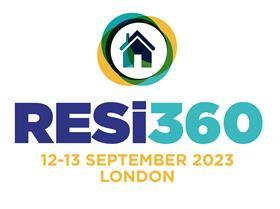
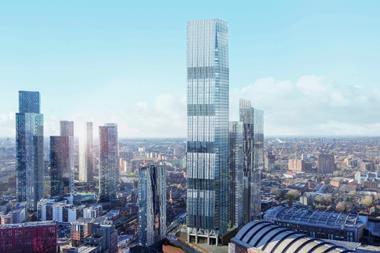


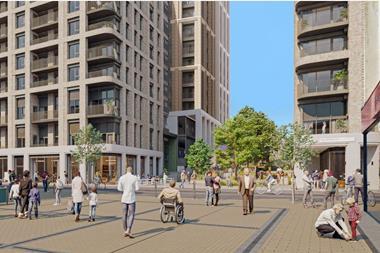
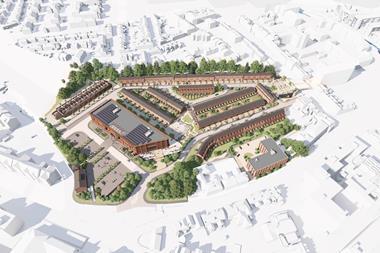
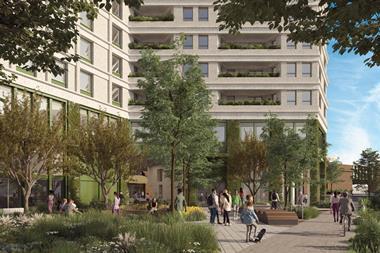
No comments yet